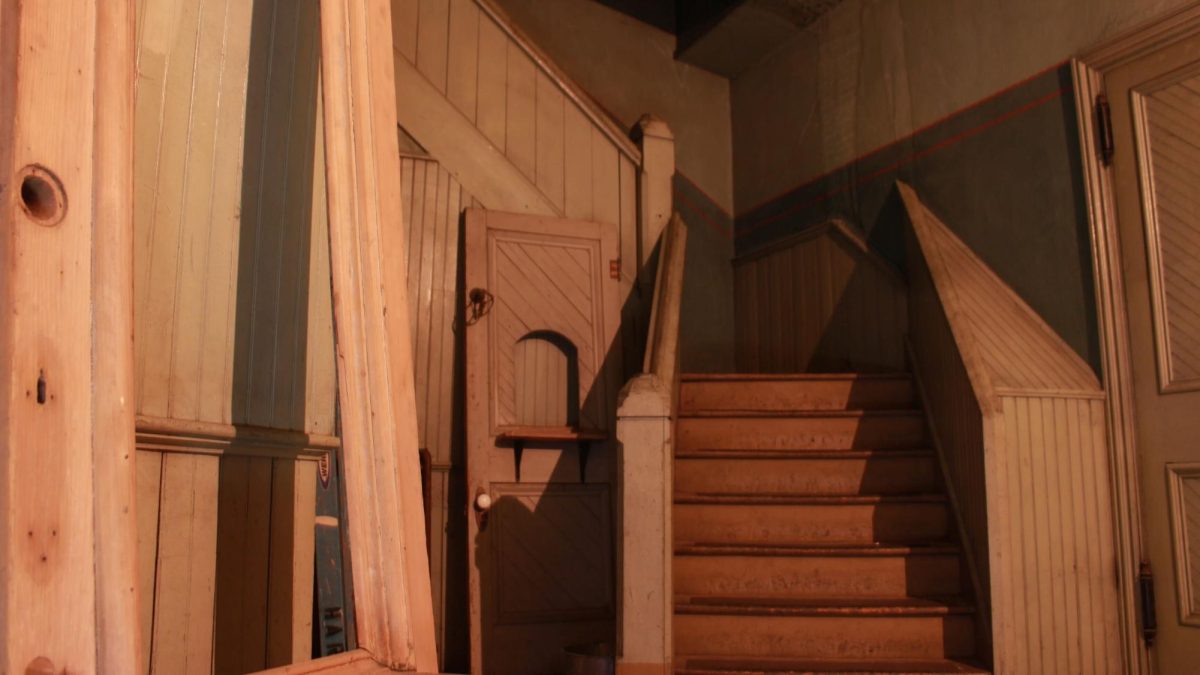The State – 12/07/22
December 6, 2022
Today’s weather forecast is predicting mostly cloudy with a high of 46 degrees and a low of 32 degrees.
The end-of-the-semester class surveys are changing. Here’s what students think of them
At the end of every semester, MSU students are required to complete a survey form, the Student Instructional Rating System, or SIRS, to receive their final grades in their classes. Now, the form is undergoing its first update since 1979.
“We’re trying to create a new culture around this … we want SIRS to address what quality teaching looks like on campus,” assistant dean for global education and curriculum James Lucas said.
The updated SIRS form will have a 20-question limit and will be formatted in a cascading style, Lucas said. The first several questions will be university-wide, while the remaining will be determined by the class’s respective college, department, then faculty members. The goal is to make the questions more specific and robust, Lucas said.
Advertising management junior Analise Macksood said the current 26-question form is too time-consuming during the busyness of finals week.
“I don’t have time to breathe, so how do I have time to fill out a 30-minute SIRS form?” Macksood said. “I think it’s a pain to fill them out … they’re lengthy and a lot of the questions are exactly the same, just worded differently.”
Macksood suggested a more effective professor rating system should include questions about the interactivity of the class and how cared for and included students felt.
Creative advertising freshman Danielle Borst said the current surveys lack space to express specific concerns about the class or professor.
“It doesn’t have any place to specifically put what I think,” Borst said. “(For example, maybe) the way the homework was graded bugged me, but there’s no questions on how you feel about the grading system.”
Bartenders, servers challenge potential minimum wage change, fear life without tips
When the clock strikes 5 p.m. on a Friday night, masses of Michigan State University students and locals alike have one destination in mind: the bar.
Customers enthusiastically join a line that trails down the street, sometimes waiting 30 minutes to make it inside their favorite bar. Once inside, they might spend another 20 minutes waiting for a drink inside the packed room, anxiously tapping their card on the counter to catch the bartender’s attention.
But an entirely different world exists for those who stand on the other side of the bar top.
For service workers, these nights are how rent is made, how tuition gets paid and how they make a comfortable living in an otherwise unstable line of work.
Barring any action, a measure that removes Michigan’s tip credit will go into effect in February 2023.
The tip credit allows employers to pay tipped employees a lesser wage than the state’s minimum – $3.75 per hour. Tips left by customers compensate for this low wage.
The understanding that employees survive off tips leads to a certain degree of customer sympathy, and overall, more frequent tipping.
Patrons now accept tipping as the essential cost for great service, which in turn allows workers to not just merely survive but create a comfortable lifestyle.
Quite frankly, many bartenders are being affected from this.
MSU alum and The Riviera Cafe bartender Gabbie Huhn has been in the industry since she was 14. She earns between $30 and $40 per hour bartending. The flexible gig has allowed her to support herself through college and more easily meet her graduate school application requirements.
Huhn said she doesn’t have a single coworker who would do the job she does for a regular hourly wage. The job is difficult, she said, working “awful” hours, often past 2 a.m. The money, however, is what makes it all worth it.
Without tipping, Huhn said the experience customers receive inside restaurants would not be the same. She said removing the incentive of a tip would result in worse service.
Landlord details winter preparation steps for students leaving during break
As the semester comes to a close, many students will be leaving their on-and-off-campus housing for an extended period of time over winter break. Before leaving, there are several steps students should take to prepare their houses for the winter.
East Lansing landlord Matt Hagan said Hagan Realty sends an email out to all tenants before winter break listing preparation steps to take if they will be leaving. The top of the email, in large, bold red text states, “Do not turn your furnace off!”
Leaving your heat on is necessary because pipes can freeze and break without adequate heat, Hagan said. He said his company has seen the consequences of residents turning off the heat during the winter.
Also, Hagan Realty recommends its tenants to keep the heat at a minimum of 60 degrees while they are gone. While slightly lower temperatures might be OK in some houses, Hagan said it is risky because not all parts of the house heat up the same. He said it’s not worth taking the chance.
The second tip Hagan Realty gives tenants is to remove any hoses attached to the outside of the house. Similarly, to the inside of the house, when water isn’t fully drained from the hose it can freeze in the pipes and cause them to burst when they warm back up.
As far as weather, the city of East Lansing has its own policies dictating when snow and ice need to be removed, and students may be at risk for a ticket for not shoveling while they are gone on break. Hagan said his company offers to clear its tenants’ sidewalks for a small fee, which ultimately ends up being considerably cheaper than if somebody were to get a ticket.
Hagan Realty also reminds tenants to lock all doors and windows and take home any valuables that are easy to move. Hagan said students should remove window air conditioners if they are still up because they can be easily removed from the outside.
Based on original reporting by Kayla Nelsen, Miranda Dunlap and Vivian Barrett.
































